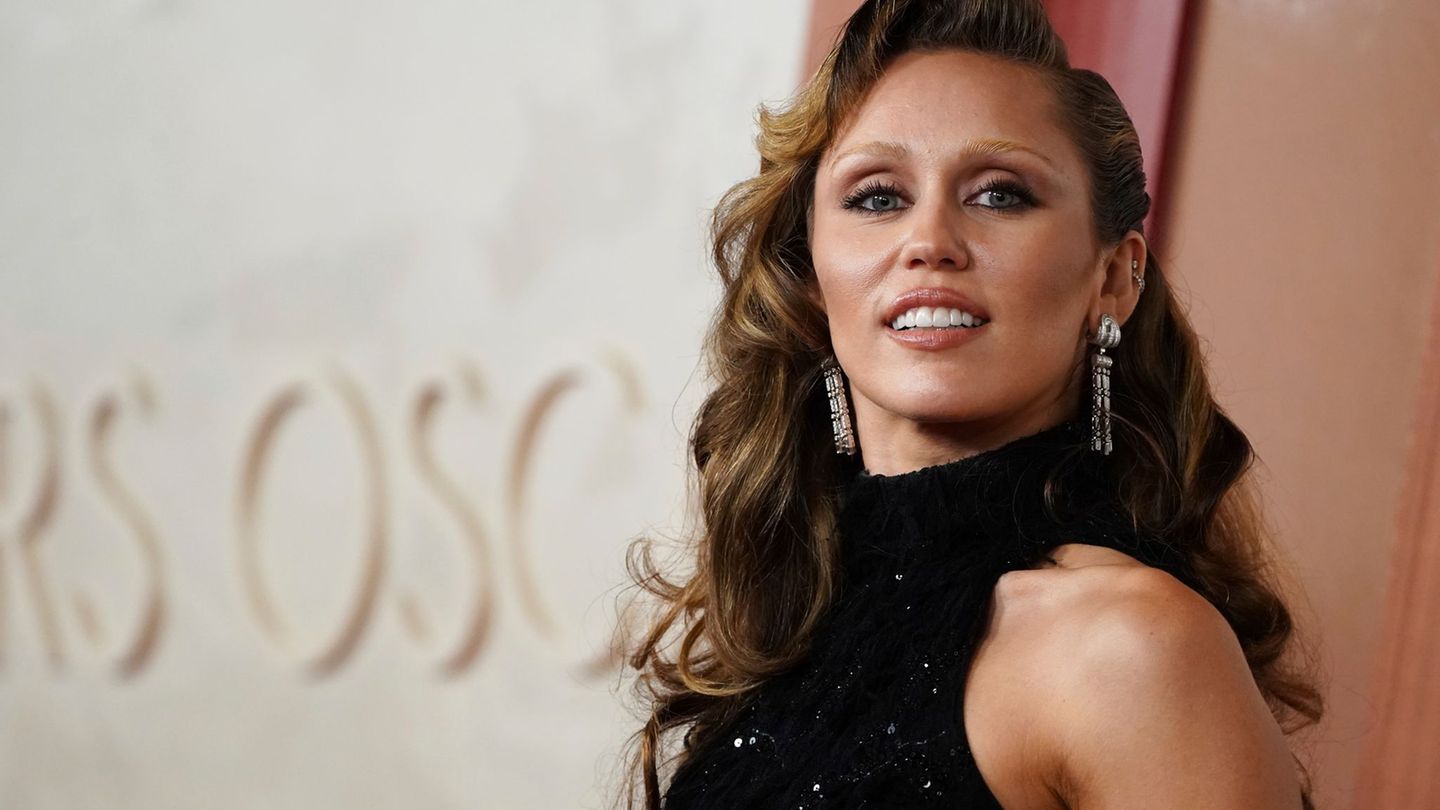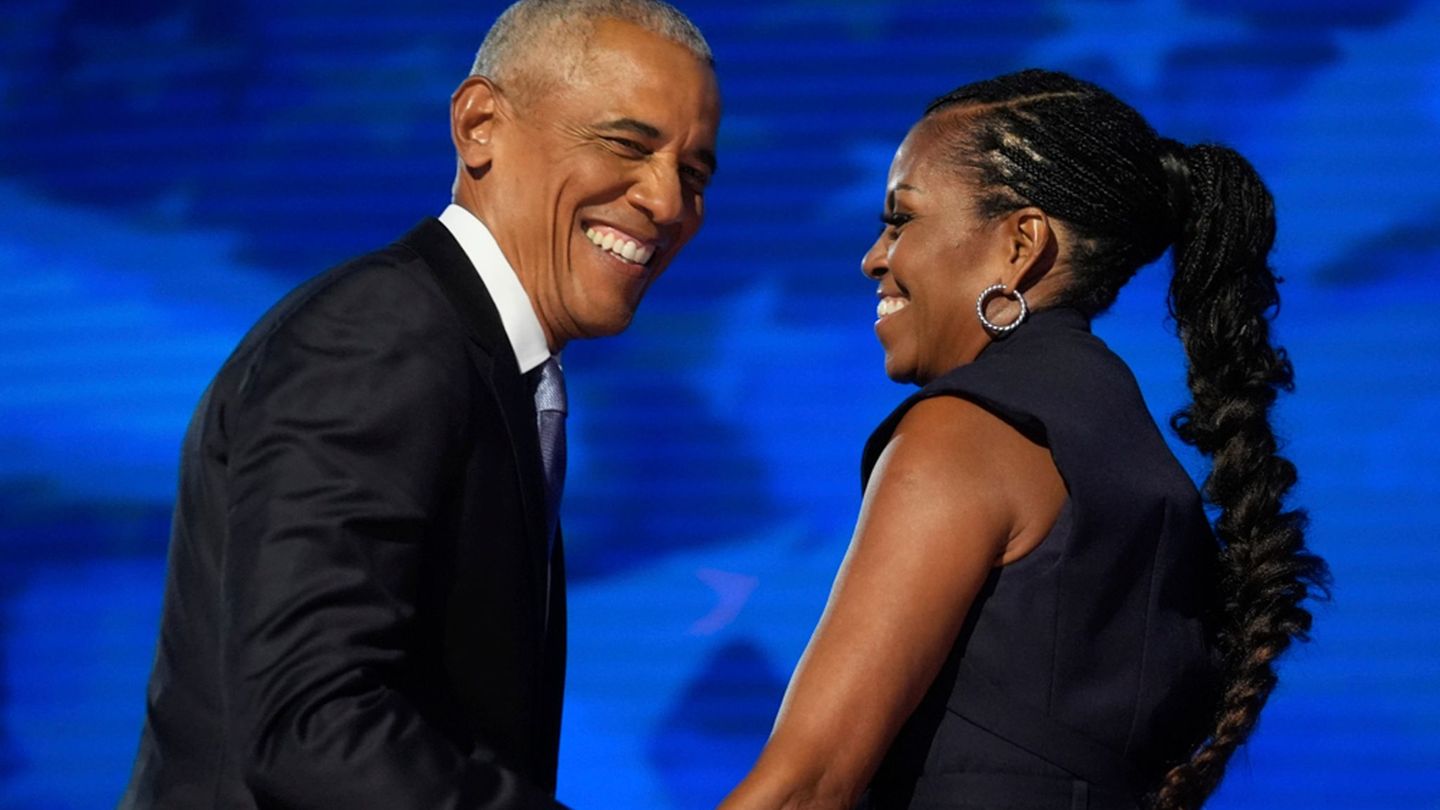Image: Photo: Vienna State Opera / Michael Pöhn
It’s amazing that the premiere of Claudio Monteverdi’s Dramma in musica “Il ritorno d’Ulisse in patria” on Sunday in the State Opera was also the first performance in this house. One that was musically extremely pleasing, but scenically brought little or nothing at all and rather made the undertaking appear questionable with many open points.
Above all, there was a discrepancy in the approach. Because on the one hand, the musical team around conductor Pablo Heras-Casado tried to take the greatest possible care with the musical text and, for example, to let the basso continuo, which according to historical tradition, sound as varied as possible and adapted to the respective situation. In other words, to try to decipher and, above all, to understand everything in the only surviving copy of this score.
Failure of today’s perspective
On the other hand, Jossi Wieler and Sergio Morabito form a directing team that tries to understand the work from today’s perspective and fails miserably. On stage: a chaos creatively arranged by Anna Viebrock of (desk) tables, chairs and other seating, under and between which the non-events took place. The fascinating thing about Monteverdi’s opera, based on the libretto by Giacomo Badoaro, is the multifaceted nature of baroque emotions, i.e. those passions that, according to the knowledge of the time, characterized human experience and feelings. It has something to do with psychology, but not from today’s point of view. In the baroque music and word form a unit that has to be implemented scenically. Little of that was noticeable. Also about what you actually wanted to tell: the inner drama of someone returning home and not finding their way in their homeland, or perhaps the conflict of the individual with the authorities, that world of gods that seems to be in charge of everything? On airplanes, the gods travel comfortably in business class seats with godfather Zeus as the charming pilot. The audience felt little enthusiasm for this chaos in the armchairs and what happened in between, and let out a mighty booing.
But the musical side was all the more celebrated, and rightly so. Because even if the acoustics of the State Opera are not necessarily ideal for an ensemble for early music, the musicians of the Concentus Musicus Wien have rarely been so present and sonorous as they were on this evening.
Ideal cast ensemble
Exactly this dynamic caused by Pablo Heras-Casado, which played perfectly with the affects and their musical implementation, inspired and created an exciting evening of theater despite the boring events on stage. The ensemble, which was ideally cast in all facets, also contributed to this, above all Georg Nigl as the phenomenal Ulisse with incredible acting and singing presence.
Kate Lindsey shone musically as Penelope, but was far behind theatrically. Josh Lovell was an excellent Telemaco, Isabel Signoret was Minerva, who directed everything and acted splendidly, and Andrea Masroni stood out as Nettuno, who “organized” deeply. Fine also Jörg Schneider’s comedy as Iro. The Choral Academy of the State Opera and the rest of the ensemble contributed to the convincing musical interpretation.
Conclusion: An Odysseus who would not have been less exciting in concert without a questionable staging.
Source: Nachrichten




